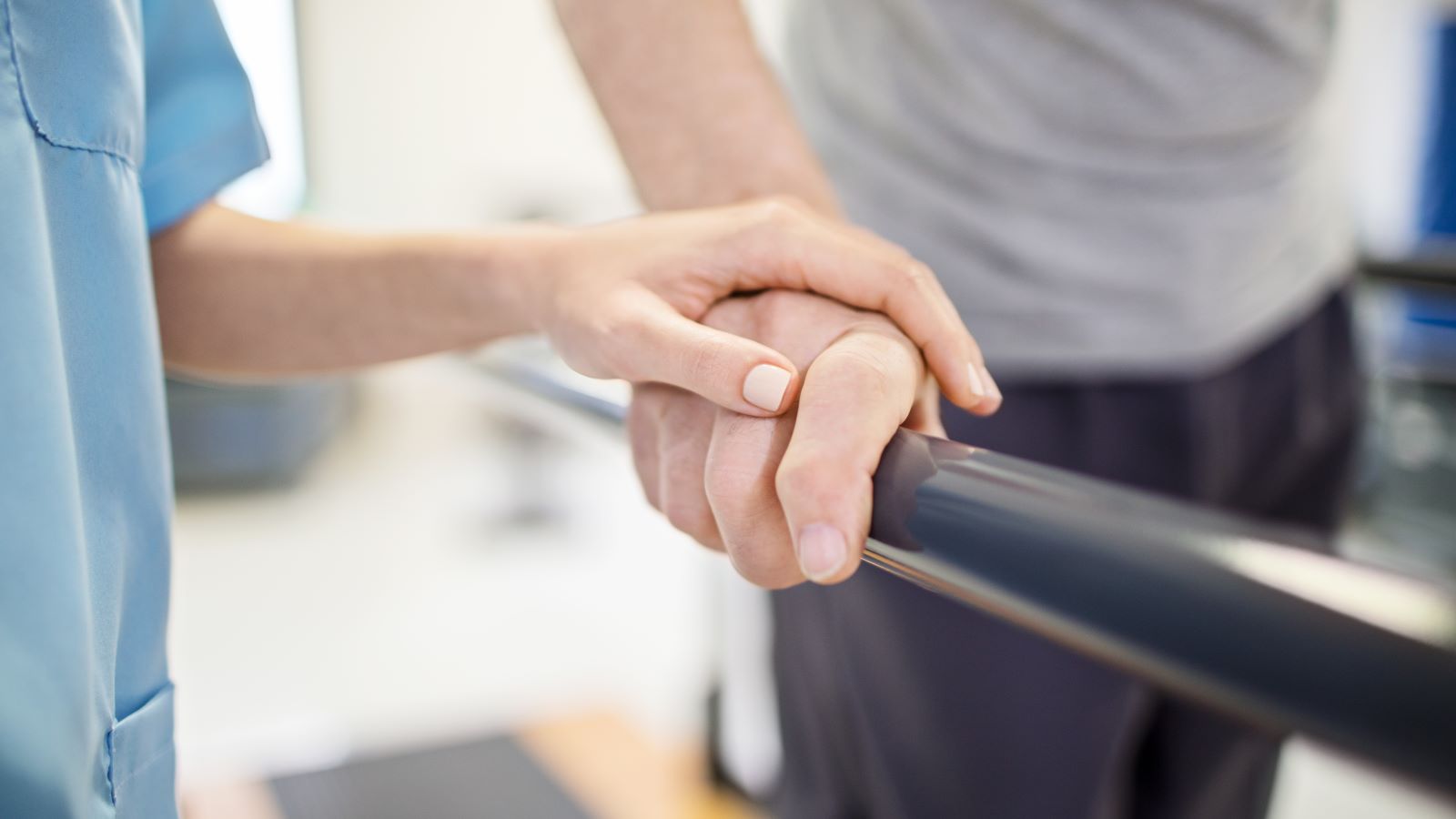<< Back
5 Ways to Speed Up Your Stroke Recovery

September 30, 2023
Recovering from a stroke can be challenging, and at times, overwhelming. Even though recovery won’t happen overnight, there are things you can do to stay on track.
Whether you’re a stroke survivor or a caregiver looking for insight, here are five tips to help speed up recovery from a stroke.
1. Take your medications.
It may seem obvious, but the new medications you’re prescribed after a stroke are crucial to recovery.
“A lot of people think that once they are feeling better they don’t need to take medicines anymore. But the medications are prescribed to help prevent another stroke,” says neurologist Kelly Matmati, MD, stroke program director at St. Vincent’s Medical Center.
> Related: 3 Surprising Signs of a Stroke You Should Know
2. Show up to appointments.
Follow-up appointments are a way for your doctor to check in on your progress. They also help catch any issues that might slow down your recovery.
“Patients with a new stroke diagnosis see me in clinic shortly after discharge,” says Dr. Matmati. “It allows me to make sure patients really understand what happened and that they have everything they need for recovery and prevention.”
> Want more health news? Text StartHere to 85209 to sign up for text alerts
3. Actively participate in rehabilitation therapy.
Rehabilitation therapy can help retrain the brain to do the things that were affected by the stroke. Stroke survivors are usually evaluated by a number of rehabilitation specialists while they’re still in the hospital, including:
- Physical therapists
- Occupational therapists
- Speech therapists
Some patients also require inpatient rehab at the hospital. And if your doctor recommends it, Dr. Matmati has some advice.
“If this is offered to you, do it!,” she says. “That early intensive rehab really speeds up recovery.”
4. Maintain social contacts.
Stroke can affect the chemistry and wiring of the brain, causing patients to be at risk for depression.
“A new stroke diagnosis can also be demoralizing and isolating,” says Dr. Matmati. “I encourage maintaining close ties with loved ones and seeking treatment for post-stroke depression, if present, or if it affects you.”
5. Stay active.
As with any health condition, you should try to stay physically active after a stroke. And the bonus is that it can help make recovery easier. Talk to your physical therapist about what exercises are best for you.
“Make sure to pace yourself,” says Dr. Matmati. “People tire more easily in the first few weeks after a stroke and may need to rest more than usual. This is normal and will improve with time.”